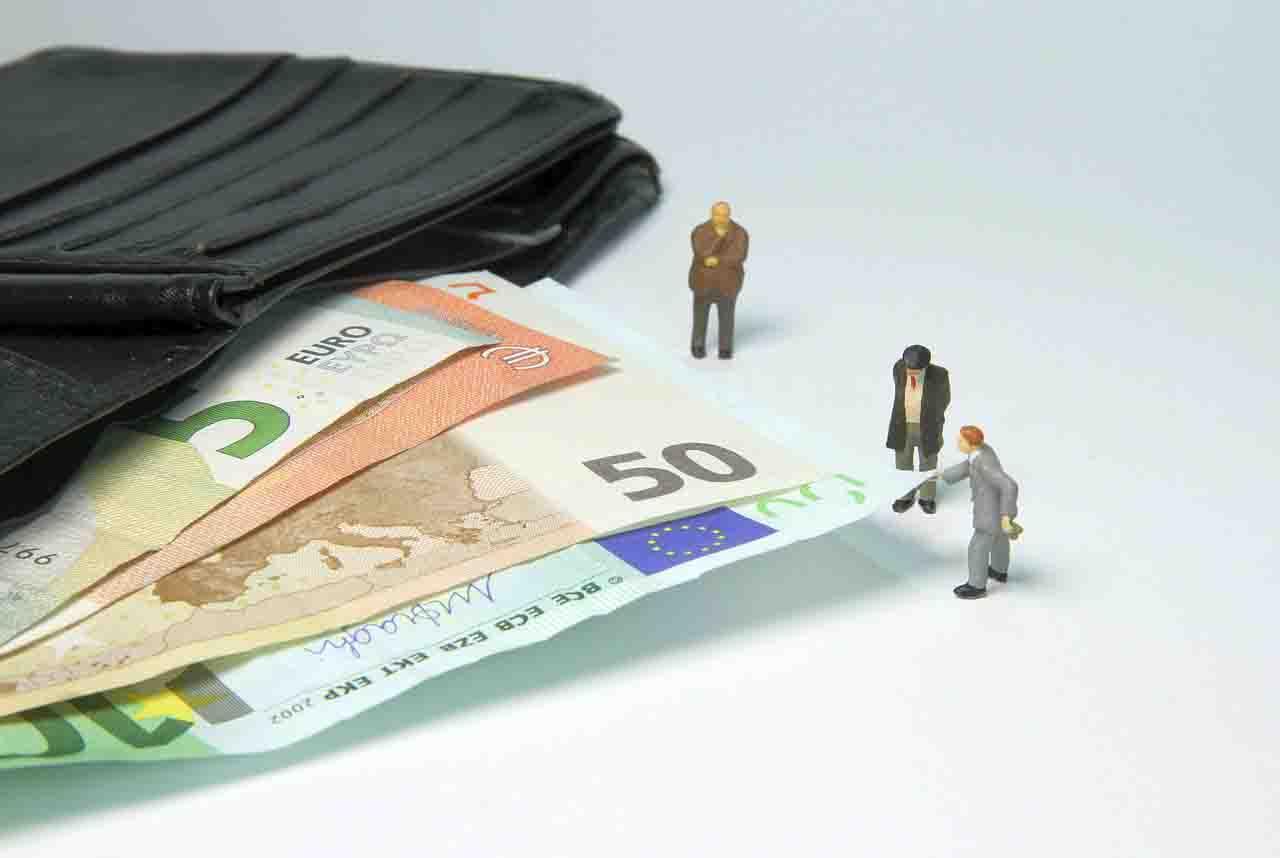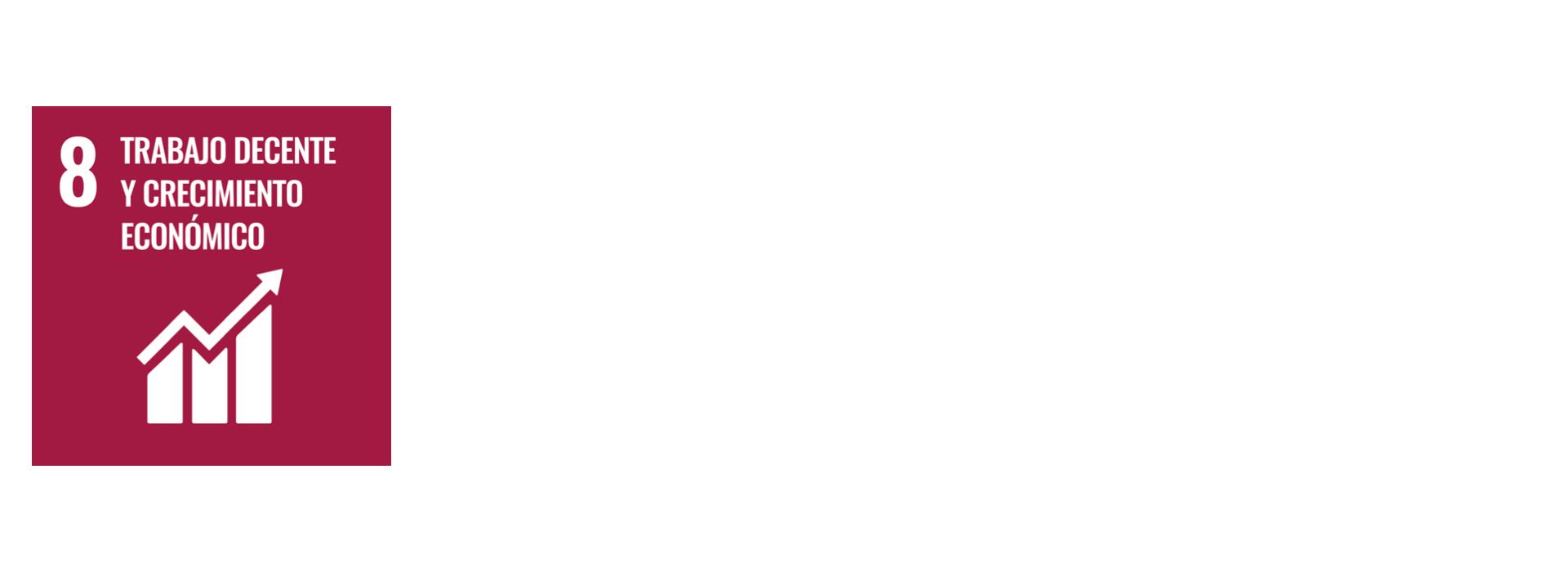
- About UPF-BSM
- Programs
- Faculty and research
- Companies and Organizations
- News & Events
Elvira: “Inflation has come to stay for a while”
2 Noviembre - 2021
The forecasts for the Spanish economy have been drastically revised in recent days. From joy to restraint. The director of the Masters in Finances and Banking and professor at UPF Barcelona School of Management, Òscar Elvira, comments on the situation and analyses economic growth forecasts.
In September the forecast for increasing GDP in Spain was +6.35% and now the Bank of Spain's forecasts are very low (5.5% for that year and 6.3% for 2022 when the forecast was 7%), what happened?
After knowing the actual growth data of the second quarter the forecast has been revised downwards. With the confinement and evolution of the Delta variant, the economy was not opened as quickly as expected. Spain is heavily dependent on the tourist industry and during the second quarter the economy was closed and there were restrictions on mobility. It was just before the summer, which is the strongest term economically speaking. By 2020, the fall in GDP was 11%, and the feeling was that by 2021 the worst had passed and it could only get better. The question was whether growth would be V-shaped, which is what had happened in China.
But this cannot be everywhere the same.
In the case of Spain, a country affected by its exposure to the services sector, the OECD has said that we will not resume the activity until the second quarter of 2023. The Spanish Government wanted to be a little more optimistic. But they're all provisional data. Then came the delta variable derived in the fifth wave of the virus. The great news is that we have experienced quite good August and September and the government's forecast for growth in the third quarter of 2.8% has surely been met by the explosion in demand. However, this has led to an increase in consumer goods prices and early mornings. Thus, companies have found themselves with a bottleneck in supplies and the price of the energy shot.
The raw material for industrial production has increased by 24%. Many producer companies have decided to stop the production because it does not go to account.
A global logistic problem.
The container prices have multiplied and there are not enough ships to distribute them from ports to their destination. And this affects energy, metallurgy, chip feed, etc. Which causes delays in delivering products and even production stops in certain sectors such as metallurgy where companies in the Basque Country have decided to stop producing to reduce their costs.
And this translates to GDP.
Indeed. GDP from the point of view of demand is made up of five variables: what the families we call consumption; what the companies we call investment; what the State consumes, we call public spending; what the foreigners consume from our products we call exports; and what we consume from foreign products that are imports' The first four add up and imports remain in the calculation of GDP. Consumption in the second quarter of 2021 was halted, below schedule. Businesses invested less. The only way to sustain growth was through exports and public spending through State aid. Increased demand for reopening and economic recovery has resulted in a sudden and higher demand than the existing supply, which has led to higher prices for goods and, above all, energy. Spain is an importing country in this respect. Energy and gas have risen by 64%; oil by 62%; metallurgy by 45%; chemical by 25%; paper by 11%; wood by 8.2%, food by 7.5%, rubber and plastics by 7.4%, etc. The raw material for industrial production has increased by 24%. As we have said before, many producer companies have decided to stop production because it does not come to the fore.
And meanwhile families want to consume.
Now we find everything much more expensive. The European Central Bank (ECB) says that the inflation we detect of 3% or 4% is conjunct, but it will be corrected in the coming months. I have my doubts. It must be said that the increase in prices has not yet been passed on to the services. Companies have had a reduction in margins because many have not yet increased prices. But from the third quarter, they're already saying that they're going to get overhead in the final product. Thus inflation will probably not be conjunct and has come to stay for a while. Right now travel is expensive again, hotels will be expensive again, services that were cheap due to lack of demand will be rebalanced and prices will rise.
Spain will have a slower economic recovery than China, Turkey, the United States, Germany, France, because of its dependence on the tourist industry.
Bad forecasts for the Spanish economy, then?
Reading is not so negative, Spain has an industrial and service fabric that does not allow it to recover at the speed of other more industrialised countries. My forecast is aligned with the OECD, normality will not be restored until 2023. It is clear that Spain will have a slower economic recovery than China, Turkey, the United States, Germany and France have experienced because of its dependence on the tourism sector. But I think we'll close the third quarter with good numbers if there's no new variant of the virus.
And inflation does not continue to scale.
The great risk of inflation is that Spain should face a rise in debt cost, if investors see that the government has not made much progress in pension and labour reforms, and has difficulty reducing the public deficit (which should be below 2%) that by 2020 was 11% and that the next two years are expected to be reduced to 5%.
In this context will interest rates be increased?
The President of the ECB, Christine Lagarde, said that the rates will not rise until the last quarter of 2022. It is a great surprise as an economist to see economic growth, inflation, and not to raise rates to curb it. The Latin American countries, such as Brazil, Peru or Chile, have already risen to the point that they are not being driven into inflation. But here the ECB sees that there is a problem of reducing consumption in Europe - because of the ageing population - and that is why they are not increasing.
It is a great surprise as an economist to see economic growth, inflation and not to raise rates to curb it.
Which are the tail winds for Spanish economic recovery?
Despite uncertainties in the economic recovery, there are several important factors to consider: firstly, aid from the EU's economic recovery fund, which for Spain will represent EUR 70,000 million out of the EUR 800,000 million across Europe (with the aim of modernising the European economy). The destination of the funds is intended to be to digitize companies, investments in renewable energies and in the rehabilitation of infrastructure and housing (which could increase Spanish GDP by 1.5–2% annually). A benefiting sector should be the car with the electric car, which is lagging behind somewhat due to the lack of chips. Another factor is the effectiveness of vaccination and the percentage of vaccinated population (now 80%), which would affect mobility, therefore in the services and transport sector, and not in the tourism that is being reactivated.
